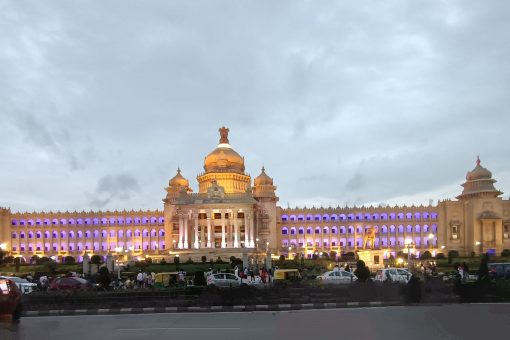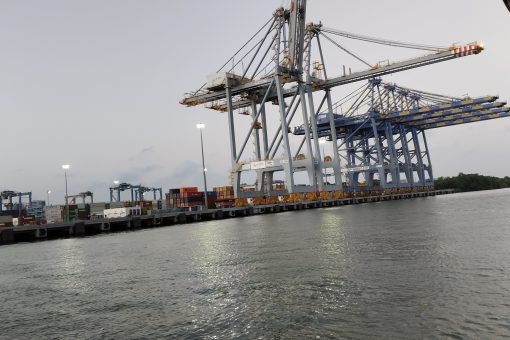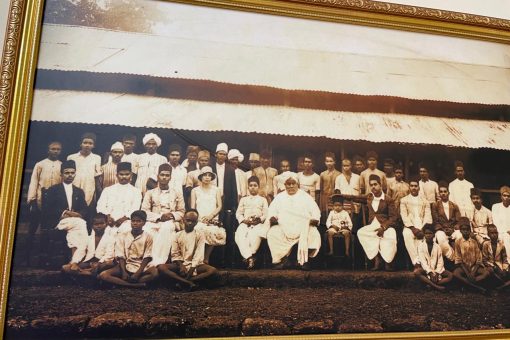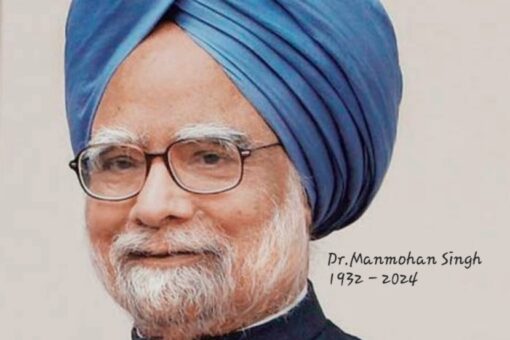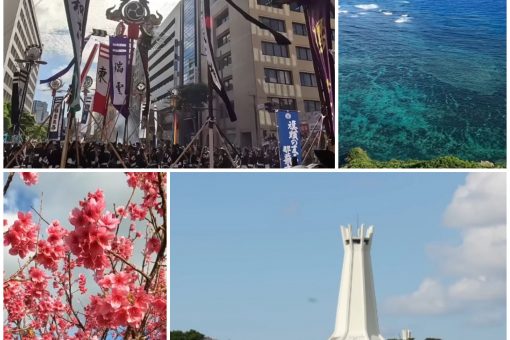The UAE Dirham is a pegged currency. For around 40 years, it has maintained a fixed rate with the US Dollar. Doing so saves transaction time and aligns with the world’s most convertible currency. Newspaper headlines or commentators discussing foreign exchange fluctuations as being “strong” or “weak” hold little significance in the UAE. This results in economic efficiency.
Fundamentally, a currency fluctuates. It is neither strong nor weak in itself. Strength or weakness lies in the economy, which means the future supply and demand of that currency compared to its paired currency.
Dubai is the center of attraction for social, economic, and political purposes, while Abu Dhabi, as the national capital, maintains very good relationships with all the nations of the world. It is therefore important that India, as a trading partner of the UAE, also connects the Rupee to the UAE Dirham by adopting what is known as capital account convertibility.
When one says the euro is weaker, it could mean that the Dollar is stronger, while in reality, the euro is either depreciating or appreciating against other paired currencies. It is the best option for India to pair itself with the UAE Dirham as a currency of reckoning.
The proximity to financial markets is one of the most important economic links, which creates social links. The fact that the UAE is part of the GCC will make convertibility in terms of the Dirham easier with other currencies of the region, especially those facing turmoil, dictatorship, or similar situations, collectively referred to as the MENA region. The MENA region stands for the Middle East and North Africa.
Capital account convertibility in India has proceeded with caution as the nominal and real interest rates of India are higher than those of global economies. Indians have lived with inflation for so long, since the 1960s, that any sudden influx of foreign currency could disturb the monetary as well as the capital situation in India.
The Government of India and the Reserve Bank of India have been very cautious about capital account convertibility, as it can attract huge capital flows within a few days or months, potentially disrupting the Indian economy and its enterprises.
The prosperity that comes from a nation’s growth has to benefit the bottom of the pyramid. Immigrants from all parts of India are in the UAE and further abroad. Therefore, transportation services and the ability of nations to coordinate the social effects of migration are all very important in fostering love for the nation. The respect for both employer and employee as contributors to the region is also a major social factor.
In the growth of the Indian economy, during the initial phases of rising oil incomes, Arabs used to visit India to enjoy the monsoon rains of Mumbai. The attraction of India for tourism by any Emirate or Sheikdom is also strengthened by diplomatic relationships.
The UAE is a major exporter of natural gas and oil to India, and the level of cooperation is very high in economic, social, and political spheres. The convertibility of Dirham to Rupee could also be engineered with the digital Rupee. India can swap digital Rupees with the UAE Dirham floating currency and encourage UAE Dirham deposits in India with commercial banks as well as the Reserve Bank of India.
As a first step, ₹1,00,000 crores can be invested by India and deposited with the UAE Central Bank. Similarly, ₹1,00,000 crores can be purchased by the UAE Central Bank and then deposited within itself.
Mutually, half the amount would be counted as foreign exchange reserves by the Government of India as well as the Reserve Bank of India. For the UAE, it becomes a convertible Rupee for transactions between the two nations.
The Indian Government and the Reserve Bank of India can encourage oil companies to buy Dirham from commercial banks, which, on a daily basis, the Reserve Bank can offer for transactions. Therefore, a vibrant capital market would be initiated, but there would be no forex market fluctuations, as the rate would be stable. If the Abu Dhabi National Oil Company invoices in Dirhams or in Indian Rupees, it will have the benefit of fluctuations in the Indian Rupee by keeping Rupee deposits that are repatriable in Dirhams, and in the treasury bill market, which is discounted to the market.
Therefore, the Reserve Bank of India can convert all its current holdings of government securities into 42-day, 181-day, 182-day, and 364-day treasury bills equivalent to the US Dollar treasury bill rates, but also into equivalent rates of the Euro, Japanese Yen, Singapore Dollar, Hong Kong Dollar, and Korean Won. This would result in a vibrant forex market.
This can also be extended to South Asian currencies, where the Reserve Bank of India can have swaps with these currencies, each to the equivalent of ₹25,000 crores, and a vibrant South Asian currency market can operate in Colombo, which can become the economic center for the SAARC region. This will help the island nation foster social, economic, and political cooperation by improving lives through a services economy.
The Government of India and the Reserve Bank of India have recognized that India is a major merchandise importer, and an important measuring tool is the number of months equivalent of reserves.
Overall, the UAE Dirham and Rupee market will become a convertible currency for South Asian currencies if there is a spot and forward market in Colombo, in the GIFT financial centre, and in selected financial centers of India. It is suggested that, since Mangalore has been a very important commercial banking and trading centre for the last 23 centuries with strong cultural, social, and economic relationships with the UAE, a large Indian diaspora, and all the ingredients for connections, the Reserve Bank of India and the Government can make Mangalore an exclusive center for the conversion and capital account convertibility process.
All commercial banks operating in Mangalore can be authorized for convertibility of the current account, for the savings of the people of India in the UAE, under digital banking, and also for the Abu Dhabi National Oil Company to keep its reserves in Dirhams and Rupees in India, connecting it to the various requirements of the South Asian economy, especially Sri Lanka.
It would be the most convenient location as the Mangalore SEZ can also host commercial banking services within itself as an operating center, and interrelate itself with Sri Lanka, Singapore, Dubai, Gandhinagar GIFT, and Mumbai, all within convenient distances. A services economy of shipping as well as air transport between the UAE and India is also very convenient at the Mangalore International Airport.
In the neighbourhood, the storage of crude oil can be supported with Dirham-Rupee conversions, where Indians can be offered parcels of crude oil to trade in the forward and futures market by creating the Mangalore-Abu Dhabi crude futures based on crude forwards. This would also develop the product market in Mangalore as a port of delivery and storage for petroleum products in the future.
Ethanol-blended petrol and diesel will be a key supply factor in the Indian market. Therefore, investments in blending ethanol with petrol products have tremendous potential in North Karnataka, which is a major sugarcane-producing region and can channel investments of up to ₹10,000 to ₹20,000 crores in blending facilities, tankage, product development, and resource conservation.
The UAE Dirham–Indian Rupee digital conversion is waiting to happen and can be implemented in the shortest time. Hosting over 20,000 software professionals and the capacity to house an additional 10,000 service professionals in Mangalore, from the UAE, the MENA region, Sri Lanka, Japan, and other countries, the region can also take advantage of healthcare and medical facilities to develop into a world-class medical center. Additionally, it will ensure that currency is convertible at any point—365 days, 24 hours—from UAE Dirham to the digital Rupee.
The stability provided by the political relationship will go a long way in developing social dynamics in economic relations for the rest of India, where sustainability as well as human development goals will be actively promoted, making Mangalore a city of excellence—New Mangalore.
– While GIFT will be India’s international finance centre, over 18 smaller centres can be developed for both talent and knowledge.
– The Government of India must encourage Rupee schemes in India for exporters and nations with trade surpluses.
– Indian banks must be encouraged to hold balances in all G20 currencies along with official reserves.
This will widen, broaden, and deepen the forex market.
G. Giridhar Prabhu
01-01-2023
